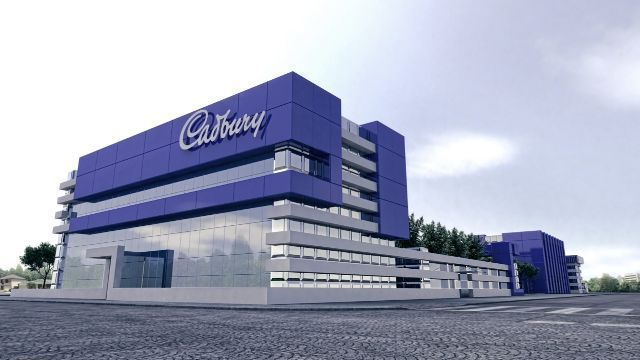The Nigerian consumer landscape is set for a multitude of shifts. By 2025, 55% of Nigerians will live in cities or towns as a result of 50% growth in population in urban areas, which represents the fastest urban growth rate globally, ahead of China and India.
This was one of the insights that emerged at a recent Nielsen event in Lagos, which looked at whether retailers and manufacturers are equipped to beat the odds they are facing in Nigeria by anticipating and preparing for the future.
Speaking at the event, Nielsen Nigeria MD Ged Nooy said: “Everyone is fighting for growth and competition for consumers’ wallets has never been tougher. In a challenging environment, finding opportunities with the right insights becomes key to help beat the odds.”
Beating the consumer odds
Nigeria is a complex market that is characterised by consumers who are upbeat and confident with 81% feeling good or excellent about the state of their financials, while at the same time 60% of Nigerians say they can only afford the basics. Forty one percent of Nigerians feel that their quality of life is better but more than half feel that it is worse, leading to a polarisation in the market, with consumers at both ends of the spectrum.
This means that marketers need to cater to the demands of those who want value and at the same time, those who are aspirational and want quality, premium products.
Another trend impacting consumer behaviour is the rise of ‘disloyalty’ with 88% of consumers across Africa and the Middle East ready to defect from a current brand choice and 45% consumers saying they love to try new things. In such a scenario, it becomes all the more important to understand consumer attitudes and perceptions and how they make choices.
Nielsen executive director, thought leadership Ailsa Wingfield, said: “Opportunities today and tomorrow are about understanding and delivering what consumers need and want. Times are changing. There are more products on the shelf today than ever before, from new and existing brands, and a plethora of information points, advocates and advertising telling consumers about them. The consumer is spoilt for choice. Brands need to identify their purpose and provide the right value to their customers, if they want to keep them loyal.”
Beating the retail odds
The retail environment is fragmented and tough and across the continent, everyone is fighting for growth. Inflation continues to be a main concern for consumers who feel their wallets are squeezed, while big traditional brands are facing an onslaught of challenges from smaller, more agile, regional players, and new formats and channels are emerging, making a competitive market even more competitive.
In just 10 years, Nigeria’s physical bricks and mortar FMCG universe has nearly doubled in size. Today there are more than 1-million outlets selling FMCG products, increasing in size by 500,000 outlets within 10 years. However, with the emergence of Modern Trade, this growth has been impacted in the short-term. It is also interesting to note that 50% of FMCG sales come from 60 LGAs in Nigeria. Given this retail landscape, the need is for precise and efficient distribution and trade strategies.
The future of retail is not limited to physical stores or virtual channels. Streamlined services, digital experiences and frictionless commerce are converging with the ‘bricks and mortar’ and e-commerce worlds set to shape new shopping experiences that provide personalised and on-demand ease, utility and simplicity.
At the same time, the Nigerian shopper is evolving and contributing to the shift in retail dynamics. Nigerians shop 30 times per month and they want value and assortment when they shop. They are also price-conscious; with more than 70% aware of prices and 95% noticing price changes.
Consumer insights lead Nielsen West Africa, Abiodun Olawale-Cole reported: “There will always be demand for physical stores, but in the evolving retail landscape you need omnichannel presence. Retailers need to leverage their unique consumer relationships, using the right technologies and a focus on convenience, to expand their consumer touchpoints. Also, it’s important to understand the evolving Nigerian shopper and delivering to their needs and wants.”
Source: Bizcommunity






Comment
No comments found.